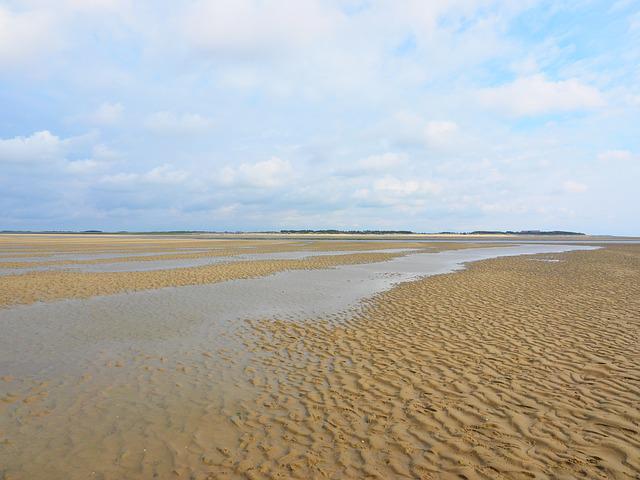It is common knowledge that cars lose their physical integrity if and when the steel parts start corroding. There are several reasons why such instances of corrosion occur. Along with issues of maintenance and proper upkeep and storage of the vehicle, there are other external factors as well.
When we talk about car rust, people in the coastal areas face the highest risks of such corrosion. While living near the ocean is a great experience, the impact of the sea or ocean is not very easy on your car. Different environmental factors lead to corrosion and damage of vehicles in coastal areas.
Not just that, the coastal environment might also accelerate the corrosion of a vehicle.
Humidity Is The Biggest Enemy
The primary reason why cars in coastal areas get more rust and corrode faster is because of the humidity of the atmosphere in coastal regions. It is not unknown that salt water damages cars. Salt water can corrode metals five times quicker than freshwater.
The high humidity of ocean air simply means that there is a lot of salt water in it. As a result, it can corrode metals ten times faster than dry air. It is not just the case for people living right along the beach but also a little far away as the sea breezes can carry the moisture to a distance of over five miles from the shores.
This is why cars in coastal areas experience much more corrosion and get rusted more quickly. Therefore people who live in coastal areas must carefully and regularly monitor their vehicles and look for any signs of damage from salt water.
Sunshine Can Affect The Paint
Coastal areas are also characterized by a lot of sunshine, which is another environmental factor that can damage cars. Sunshine can affect a car’s exterior paint. Constant exposure to the sun may lead to an increase in the size of the pores in the paint.
The paint acts as a form of protection for the car’s metal from the environmental factors and the humid atmosphere. Once that gets damaged, it opens up your car to the adverse effects of humidity as the salt in the air can now come in direct contact with the metal without any barriers. The paint loses its lustre, and the humidity will eventually eat holes in the paint, further corroding the vehicle.
How To Take Care Of Your Car To Prevent Rust?
With careful attention to any signs of rusting and quickly fixing them, you can avoid major rusting issues with your car. Along with that, you can also take a few steps to make sure your car can stay protected from rust.
- Always keep your car away from the sunshine and park in an enclosed space whenever possible.
- Paint is the primary level of barrier to the climate, so you need to make sure that the paint remains in prime condition and avoid any other situations that can chip or erode the paint.
- Wash and wax regularly. Washing and waxing your car regularly will keep it protected.
Final Words
Cars in coastal areas are prone to rust, and with proper care and timely monitoring and repair, you can protect your car and keep it in pristine condition.
